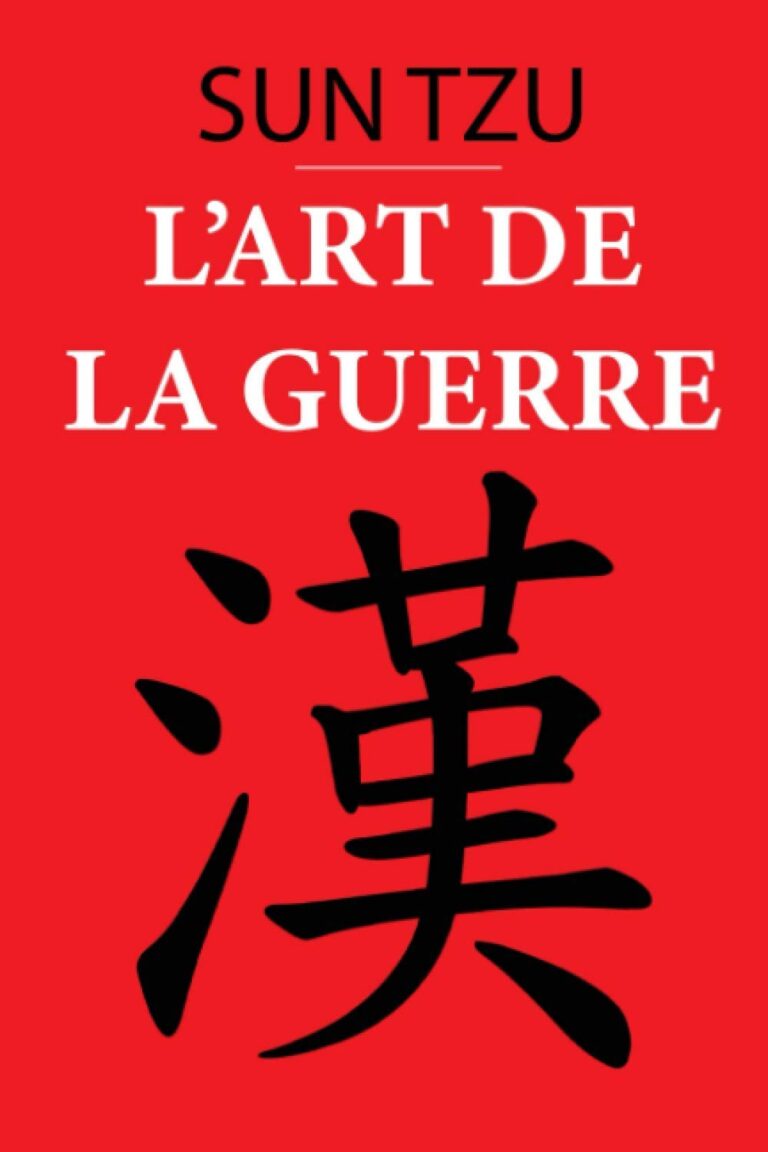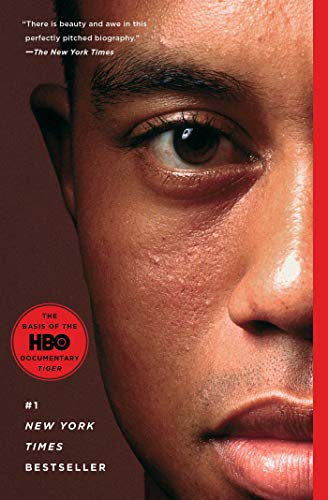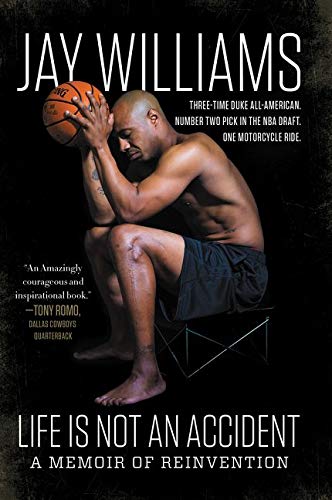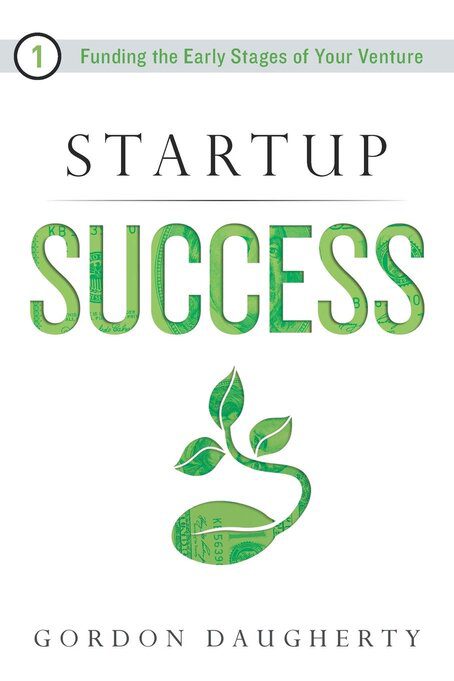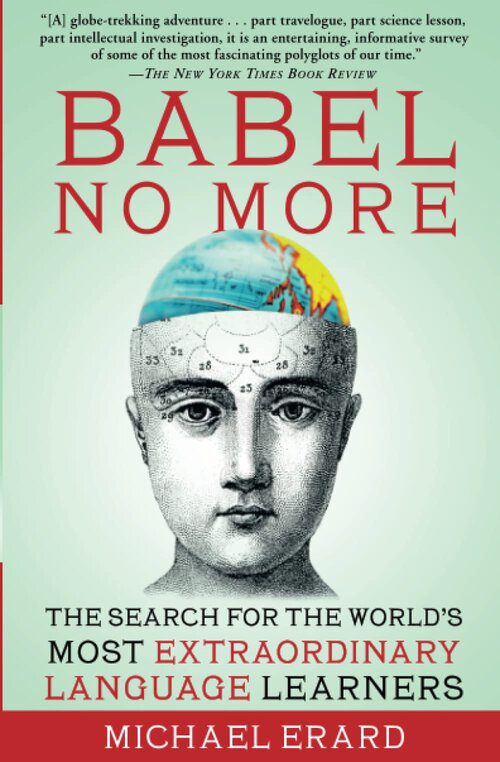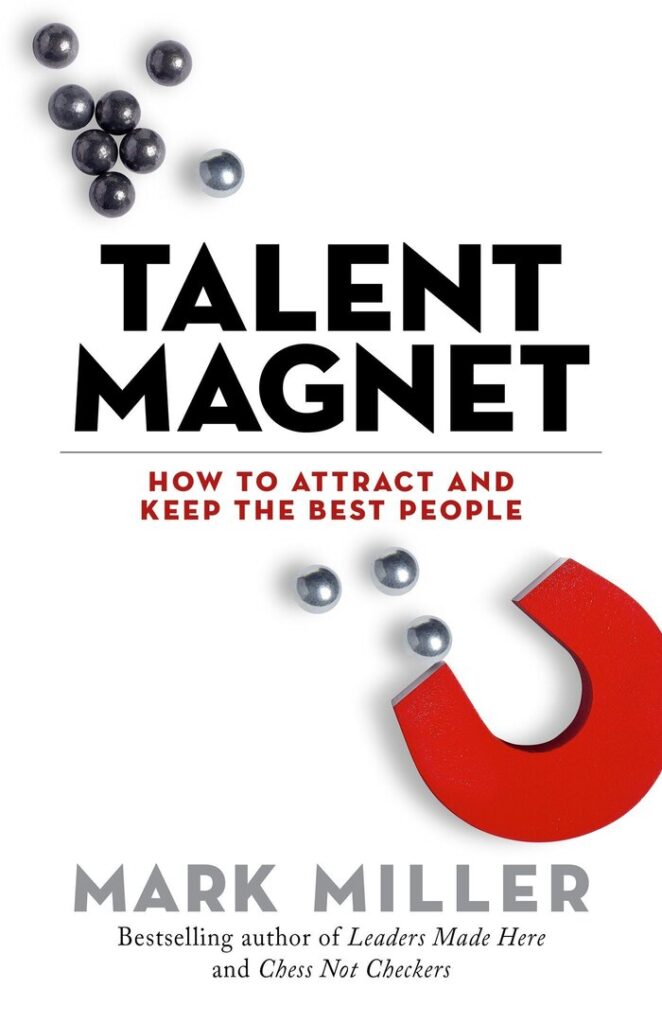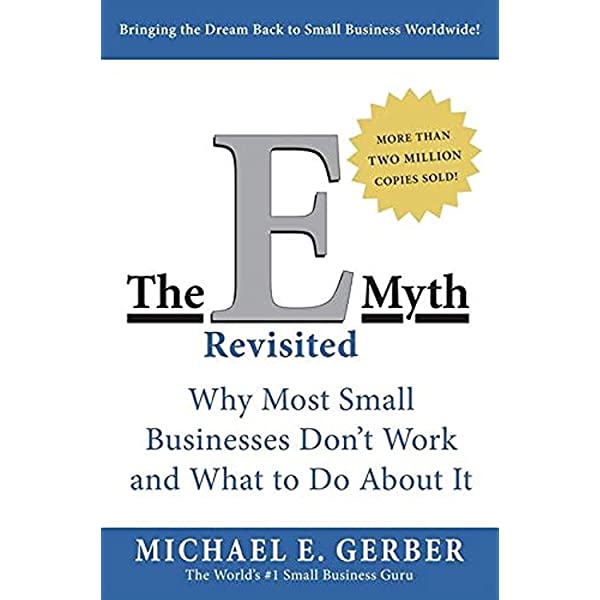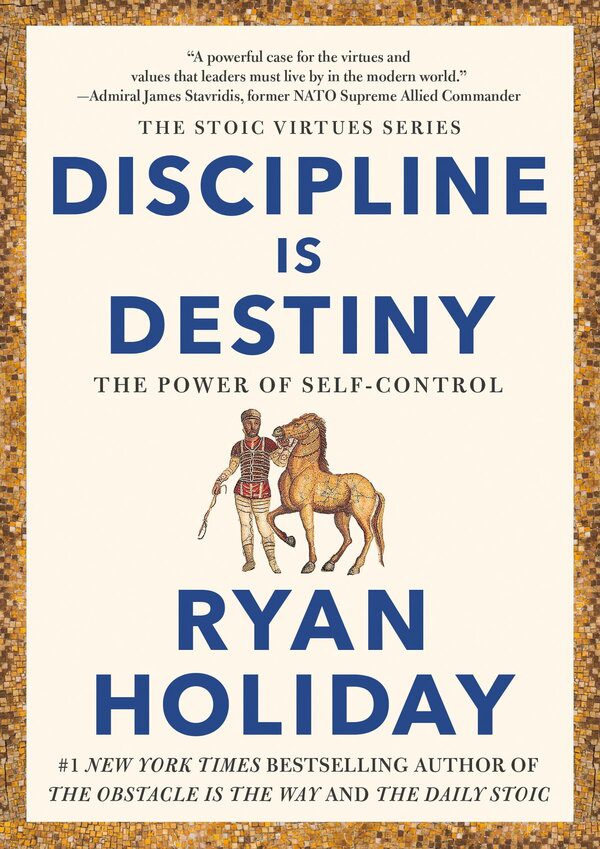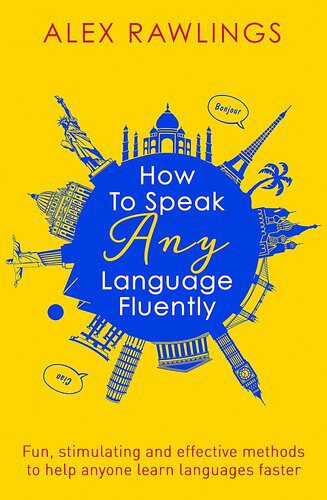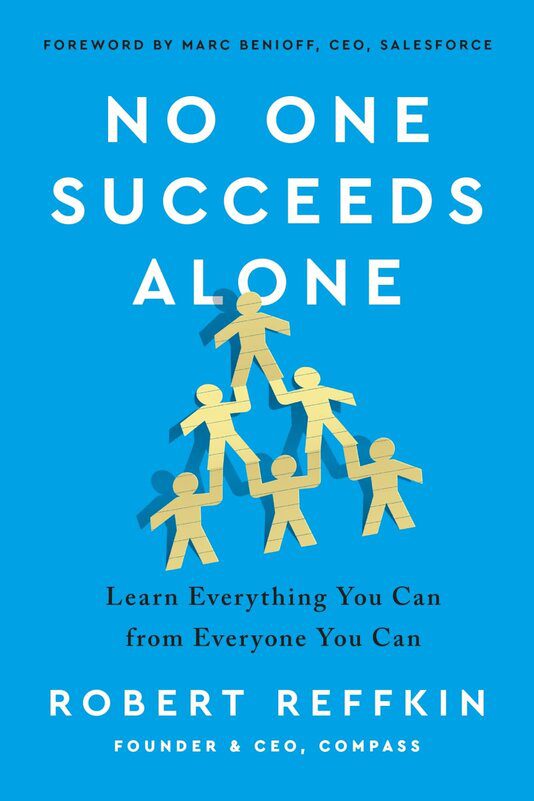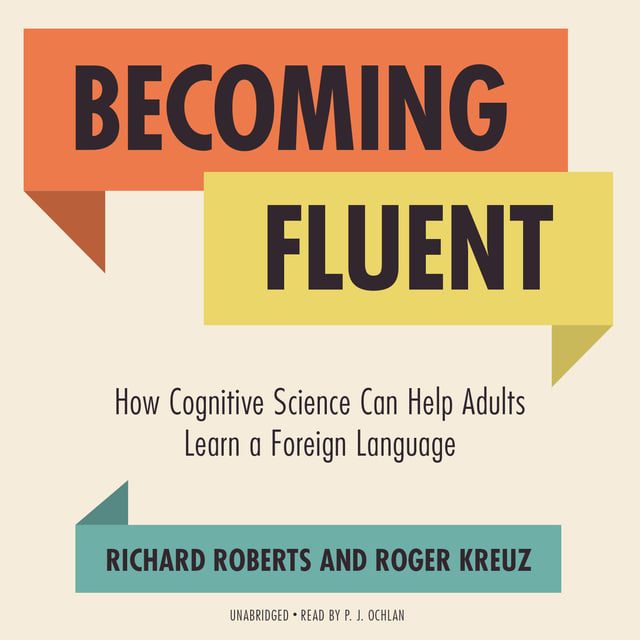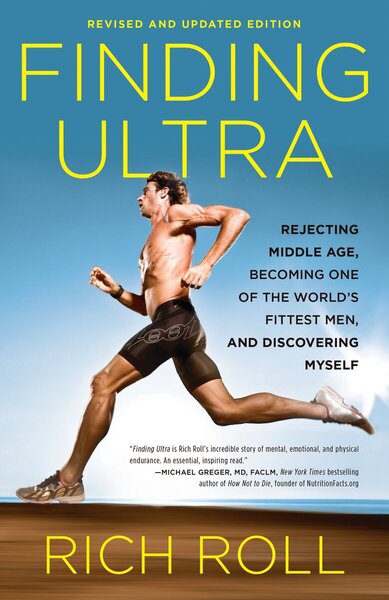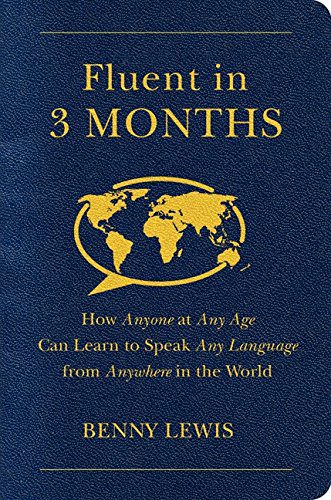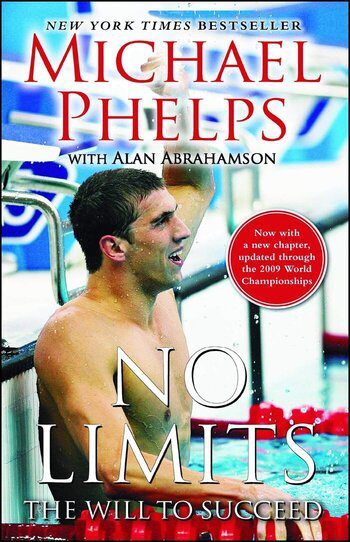Dans L’art de la guerre, général chinois du vie siècle av. J.-C. Sun Tzu développe des thèses originales, qui s’inspirent de la philosophie chinoise ancienne. L’ouvrage est fondé sur le principe suivant : gagner ou perdre une guerre ne se fait pas par hasard, ni par l’intervention des dieux ou des esprits. C’est une question de méthode et de stratégie.
Jeff Benedict’s biography of Tiger Woods is based on years of reporting and interviews of more than 250 people who worked, played and interacted with Tiger Woods. Benedict is an American author and special features writer for Sports Illustrated, who has written 16 nonfiction books. His biography of Tiger Woods was the basis of a 2-part documentary on HBO, in which he was an executive producer. The book is currently being developed into a scripted television series, which Benedict is also executive producing
The authors could not get either an on-the-record or off-the-record conversation or interview with Tiger Woods himself. Tiger is extremely private and the authors were also unwilling to meet Woods’ condition for such an interview.
The book is a great account of one of the greatest sportsmen/golfers of a generation. The authors describe, among other things – Tiger’s upbringing, his parents’ relationship, growing up as an only child, his father first marriage, and how his parents programmed him for greatness. Tigers rise and fall from grace through gambling, sex addiction and association. The book was a great read as it helps the reader connect various dots about the life of Tiger Woods. The ups and downs, insights on raising a protege and strategies for handling crisis.
The past should be left in the past, or it can steal your future. Live life for what today can bring and not what yesterday has taken away.
While at Duke, Jay Williams was a rising star – he won the 2001 NCAA Championship, won the Naismith College Player of the Year Award, and was named NABC Player of the Year in 2001 and 2002. He was a unanimous first-team All- American. He was drafted by the Chicago Bulls as the second overall pick in the 2002 NBA draft.
Everything was going well for Jason: he was living his dreams with endorsement deals, a luxury condo, a huge NBA salary, fame and a bright future. It all came crashing after a motorcycle accident in 2003.
Every tree has leaves, branches, and roots. Some people are leaves—hanging there for a minute, but a gust of wind can come along, and they’re gone. Some people are branches—holding firm for a while until something more powerful occurs, and they snap and break away. Then, if you are extremely lucky, you meet a root. A root is a person who holds firm regardless of the elements.
In Startup Success: Funding the Early Stages of Your Venture, American startup advisor and investor Gordon Daugherty describes the fundraising process in the early phases of a startup’s evolution.
Gordon Daugherty is a seasoned business executive, entrepreneur, startup advisor, and investor. He has made more than 200 investments in early-stage companies as a venture fund manager and angel investor, and he has been involved in raising more than $100 million in growth and venture capital.
Hyperpolyglots are avatars of “will to plasticity.” This is the belief that we can, if we so wish, reshape our brains—and that the world impels us to do so.
In Babel No More: The Search for the World’s Most Extraordinary Language Learners, American non-fiction writer and journalist, Michael Erard searches for language super learners and tries to make sense of their mental powers. He uncovers the secrets of historical figures like the nineteenth-century Italian cardinal Joseph Mezzofanti, who was said to speak seventy-two languages, as well as those of living language-super learners such as Alexander Arguelles, a modern-day polyglot who knows dozens of languages.
In Talent Magnet: How to Attract and Keep the Best People, Mark Miller argues that More than vision, strategy, creativity, marketing, finance, or even technology, it is ultimately people that determine organizational success. Based on extensive research, Mark learned that top performers are looking for very different things than solid contributors. He identifies three critical aspects of a true talent magnet and explores the deeper meaning of each.
The E-Myth Revisited illustrates a belief that says small businesses in the United States simply do not work; the people who own them do. The people who own small businesses in America work far more than they should for the return they’re getting. In the book, The E-Myth Revisited Rev Ed: Why Most Small Businesses Don’t Work and What to Do About It, American author and founder of E-Myth Worldwide, Michael E. Gerber, describe a process for creating systems within a small business and strategies for surviving the roller coaster of the entrepreneurial life.
“Self-discipline is giving everything you have . . . and knowing what to hold back.”
In Discipline Is Destiny: The Power of Self-Control, American best-selling author Ryan Holiday profiles the great individuals that used self-discipline to become a greater version of themselves. Discipline Is Destiny is the second book of Ryan Stoic cardinal virtues of ancient philosophy which is composed of four key components: Courage. Temperance. Justice. Wisdom. In the first book in the series: Courage is Calling: Fortune Favors the Brave, Ryan makes the case for making bold bets and explores the courageous practice of historical and contemporary leaders.
In How to Speak Any Language Fluently: Fun, stimulating and effective methods to help anyone learn languages faster, freelance journalist and language polyglot, Alex Rawlings shares the strategies, tools and techniques that have enhanced his language learning adventure. Alex has studied more than 15 languages, and he writes about languages, intercultural dialogue and multilingualism on his blog.
In No One Succeeds Alone: Learn Everything You Can from Everyone You Can, American Entrepreneur and CEO of online real estate company Compass, Inc., Robert Reffkin, shares lessons and insights learned in his entrepreneurial and life journey. How he became the youngest-ever White House fellow, created multiple nonprofits, and founded a multibillion-dollar company.
If people knew how hard I had to work to gain my mastery, it wouldn’t seem wonderful at all.—Michelangelo
In Becoming Fluent: How Cognitive Science Can Help Adults Learn a Foreign Language, American Foreign Service Officer Richard Roberts and Associate Dean of Graduate Studies in the College of Arts and Sciences and Professor of Psychology at the University of Memphis Roger Kreuz argue that adults can master a foreign language if they bring to bear the skills and knowledge they have honed over a lifetime. The authors draw on insights from psychology and cognitive science to show that Adults shouldn’t try to learn as children do; they should learn like adults.
“Adulthood is the perfect time to expand one’s horizons through the study of other languages. All too often, however, the pleasure that should be inherent in learning to speak another language is marred by negative thoughts and experiences—past and present, real and perceived.”
The authors draw research from cognitive science, as well as their experiences teaching, conducting research, learning languages, and working and travelling abroad.
As an adult language learner, you have the gift of insight—something younger learners lack. Don’t be afraid to take advantage of it.
In Fluent Forever: How to Learn Any Language Fast and Never Forget It, Language learning enthusiast Gabriel Wyner deconstructs the language learning process, revealing how to build a foreign language in your mind from the ground up. Wyner emphasized starting with pronunciation, rewiring your ears for the sounds of the new language while sharing strategies and resources such as spaced-repetition techniques, flashcards, online resources and other insights learned through his learned experience.
“There is no such thing as a “hard” language; any idiot can speak whatever language his parents spoke when he was a child. The real challenge lies in finding a path that conforms to the demands of a busy life.”
“Language learning is one of the most intensely personal journeys you can undertake. You are going into your own mind and altering the way you think. If you’re going to spend months or years working at that goal, you’ll need to believe in these methods and make them your own. If you know how to approach the language game, you can beat it.”
Rich Roll’s Podcast is one of my favourite podcasts to listen to as part of my 365 Podcast Listening Challenge. Rich interviews ultra-athletes, wellness evangelists and personal development professionals to demystify what makes them thick. In Finding Ultra, Revised and Updated Edition: Rejecting Middle Age, Becoming One of the World’s Fittest Men, and Discovering Myself, Rich Roll writes about the mid-life transformation and self-discovery that he underwent at the age of 40, his approach to endurance adventure (Ultraman World Championships, EPIC5 CHALLENGE) and a plant-based diet.
Finding Ultra is a very inspiring book, and I would highly recommend it to anyone on a journey of self-discovery and self-actualization. Rich shared lessons learned, the roller coaster of endurance training and sustaining the lifestyle of an endurance athlete.
Discipline is choosing between what you want now and what you want most.
In Fluent in 3 Months: How Anyone at Any Age Can Learn to Speak Any Language from Anywhere in the World, hyperpolyglot Benny Lewis shares the strategies has helped him learn over ten languages—all self-taught. He argues that you don’t need a great memory or “the language gene” to learn a language quickly, and debunks various myths and excuses for language learning.
Fluent in three Months’ Book core Theme
- Speaking the language out loud with a real human being, whether in person or online, every single day is the best way by far to zoom forward toward a conversational language level and onward to fluency.
- Don’t treat your language like a collection of facts you have to learn, as if it were a history or mathematics lesson or a set of rules to follow. You can’t learn a language efficiently this way. Language is a means to communicate and should be learned and used as such from the start.
- The best way to ensure progress and success in your language learning project is to be active from the start. Don’t make your language learning all about studying; make it about using your target language
Grammar is like a really powerful pharmaceutical: it’s helpful in small doses but fatal when overprescribed.
They say that the mental aspect of sports is just as important as the physical part. There can be no doubt about that: Being mentally tough is critical. At an Olympic final, you know everybody has physical talent. So, who’s going to win? The mentally toughest.
In No Limits: The Will to Succeed, Swimmer and Olympian with the most medals (28), Micheal Phelps shares the secrets, insights, and lessons learned on becoming one of the most remarkable athletes of our generation. True to one of his mottos: “Performance is Reality,” Phelps is relentless in his training regimen, mental preparation and passionate about execution through visualization and other techniques.
Phelps also writes about the influence of his family (mum and sisters) and his coach, Bob Bowman on his performance and worldview.
No Limit
If you put a limit on anything, you put a limit on how far you can go. I don’t think anything is too high. The more you use your imagination, the faster you go. If you think about doing the unthinkable, you can. The sky is the limit. That’s one thing I definitely have learned from Bob: Anything is possible.
It’s like that at the Olympic Games. Years of training, of hard work, of desire and discipline—all of it compressed into minutes, sometimes just seconds, and time seems to stand still as history plays itself out.
